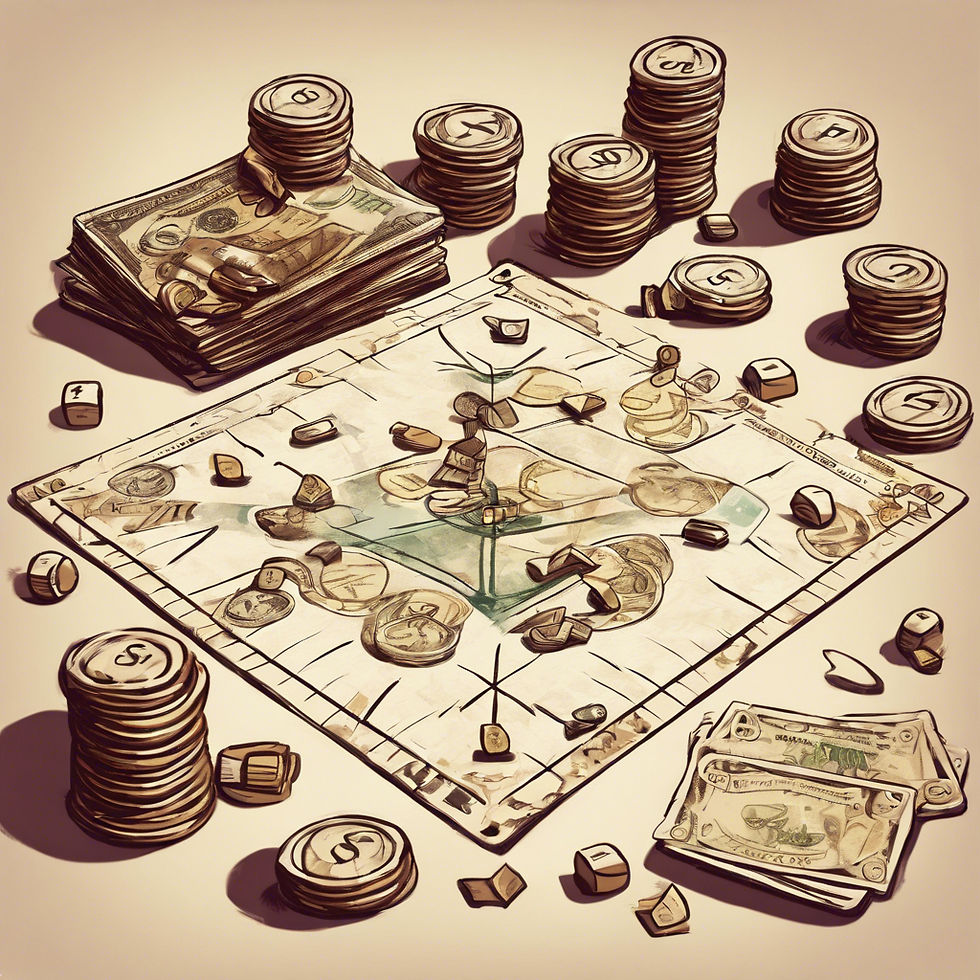Reflection: Death
- Thomas Fang
- Jan 18
- 4 min read
On January 16th, 2025, my paternal grandfather passed away. It was not a surprise—his brain cancer was so advanced that the doctors could not tell where it originated in the first place. It was painful for me and the rest of my family to know that we could do nothing for him as he slowly lost memories, consciousness, and in the end could only lie in bed as we watched him, mouth open, eyes closed.
Though I had been expecting the news, it was still sudden, and struck when least expecting. I did not cry, perhaps I did not even mourn. I did not even feel numb. I just knew.
And I thought it was funny that the first thing I thought of when he died was not sadness or grief, but rather that I should go and write about the feeling when I still had the chance. What exact feeling am I writing about I do not know the name for, but I do know that it was unlike anything that I had ever felt before, even when I had lost my dog nearly seven years earlier. The news of my dog being lost and likely dying (we never found where he went) was sudden and unexpected, striking like lightning from the sky. But a dog can never be the same as my grandfather—though I cannot say that I was closer to my grandfather as I was to my dog, I considered my grandfather to be 'above' my dog, in the sense that he is an elder, and in the sense that without him, I would never have come to be.
My english teacher once said in class that when his father had died, he took a photo of him before he died and one after he died, and looked at the differences before and after. I was not with my grandfather as he died—I was in at school, doing work and playing games, while the rest of my paternal family were back in Hubei, with him. But someone did take a video of him a few days before he died, and I am sure that was the way he stayed until his death. Our family and the next-door neighbor was Buddhist, so naturally they tried to give him comfort in the Buddhist sense. He was lying on a bed, wearing a thick jacket, protecting him from the cold; above him was a painting or an image of a Buddha or Bodhisattva, and a few people kneeled next to him, reciting Buddhism songs and chanting sutras; the video ends with a short scene with my grandfather's face, which was wrinkly, old, and tired. His eyes were closed, and his mouth was open, as if gasping for breath; he gave off a sense of 'unconsciousness' or dementia, as if he had no knowledge what was going on around him, or even inside his own mind. In fact, a few days prior when he was conscious, he could not recall even my grandmother, my father, and my uncles.
It was sad, not because he died, but that he died ignorant, not knowing, forgetting all he ever remembered. If he died like this, did he ever even live? What was the point of his living? His life? Is it just to give birth to children because that is how us humans were designed to do? I am not sure.
My grandfather's death brought me to a confrontation with the truth, or perhaps, the fact of death—that those I loved will die, that I will die, and that every human, animal, and living thing will die. There was fear and there was despair; but there was also a determination to know, to find something that would let me not fear death so much as I do now, to find what, if anything, will happen after death, and to find that why and how should I live, meaningfully, even if death comes in the end.
I do not know many things in life, but one thing I know now and perhaps have known before. It is that I will not die knowing that I have lived a life of ignorance, meaning that my ultimate goal in life will not be to make money, or to pursue pleasure, but rather truth. It shall be through the pursuit of truth that I find my happiness, and when I die, I will not die knowing that I spent, no, wasted my life on things that do not matter when confronted with death. But there does lie a deep fear that, no matter what I find in my pursuit of knowledge, it will not help me deal with death, as it is an unknown concept, as no man seems to be capable of knowledge of things after death. Nevertheless it is a fear that I will live with, and I would rather live with a fear that I confront and accept than hide from it. If it turns out, in the end, that the pursuit of truth was for nothing, I will be disappointed, but I will not regret this decision, for it is mine and mine only.



Comments